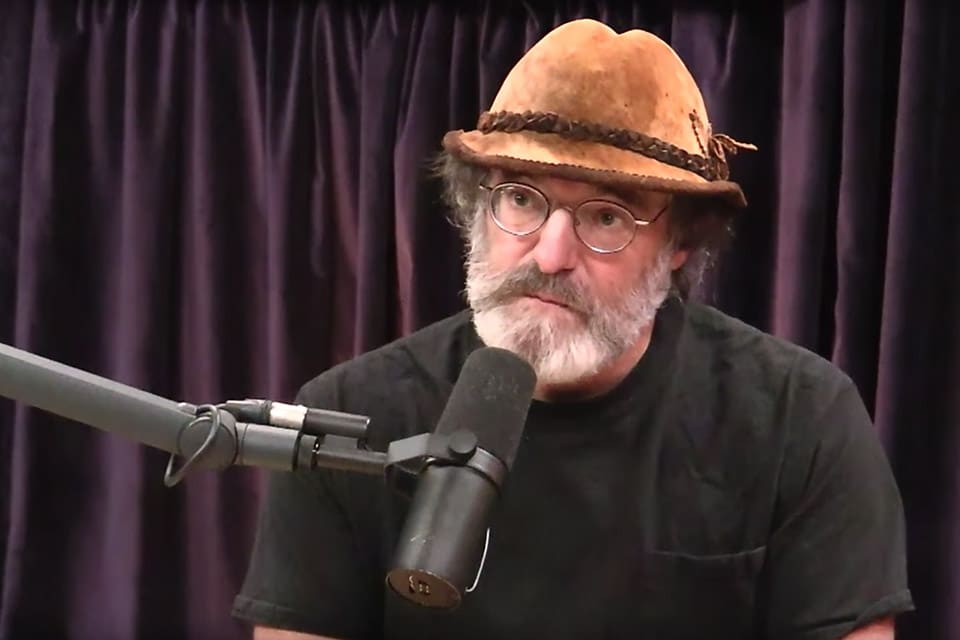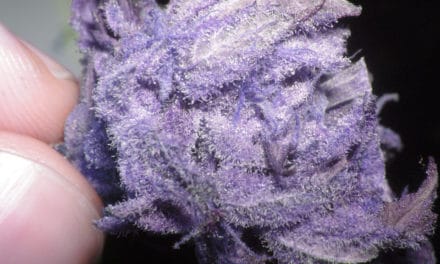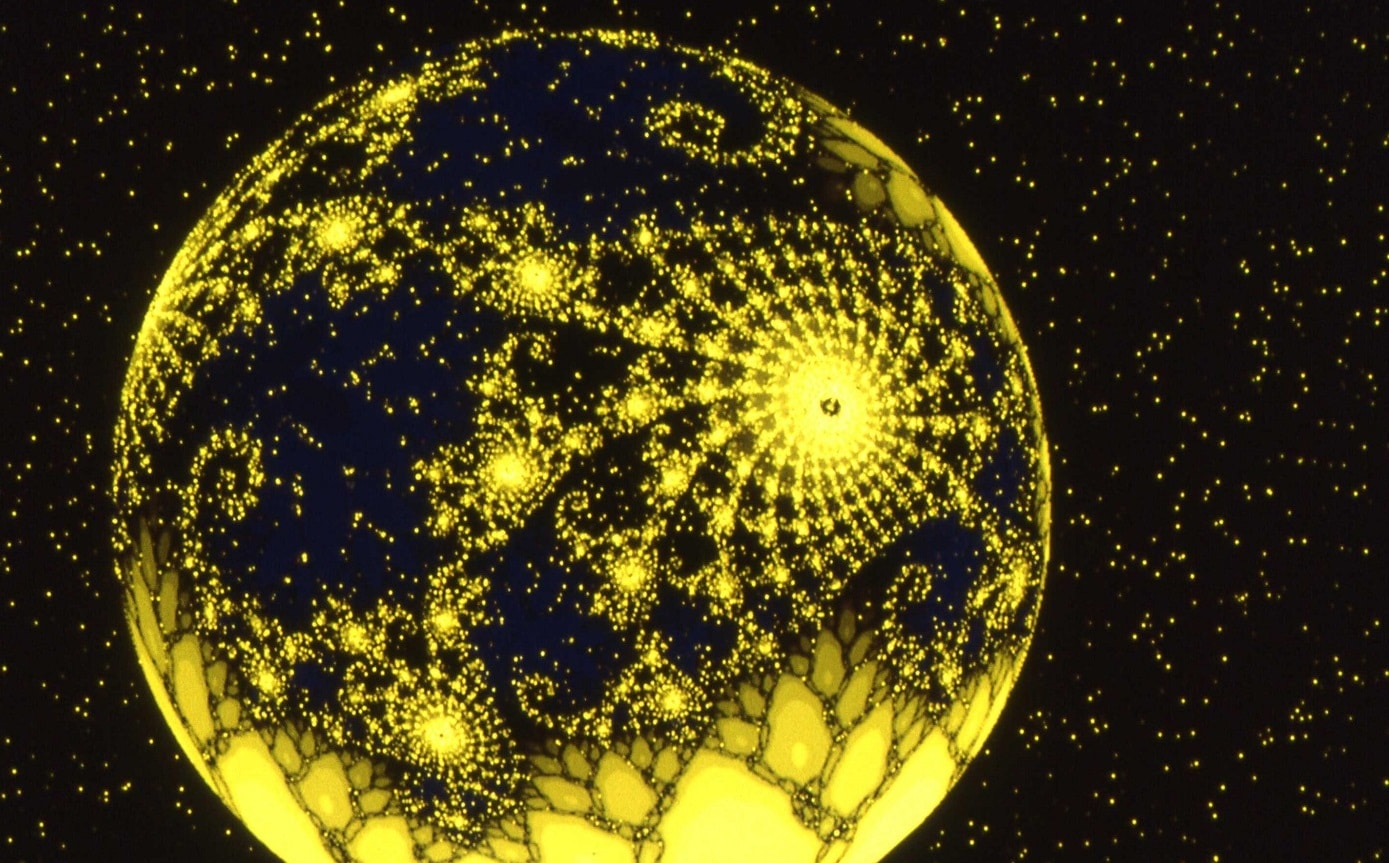
When it comes to fungi, there are few people in the world who can hold a candle to renowned mycologist Paul Stamets. Author of six books on mushroom cultivation and ardent champion of the medicinal, social, conservational, and psychospiritual benefits of mushrooms, Mr. Stamets is one of the world’s leading experts on fungi. He shared some fascinating scientific data and personal anecdotes in an appearance on the Joe Rogan Experience last November.
Perhaps most tantalizing about Mr. Stamets’ appearance on Joe Rogan’s podcast were his incredible stories about psilocybin “magic” mushrooms. As a serious scientist, Mr. Stamets has only opened up about psilocybin in recent years, no doubt due to the stigma that has surrounded psychedelics for so many decades. Now that the social and political views surrounding psychedelics- particularly psilocybin- have begun to ease, Stamets has shared some personal accounts about magic mushrooms that are simply jaw-dropping and worthy of this belated review. If you have an interest in fungi or psychedelics and haven’t seen this episode, you should watch it now!
Highlights
We Are Fungi (7:00)
“We seperated from fungi 650 million years ago. We are descendents of fungi. We share more common ancestors with fungi than any other kingdom. Animals came from fungi. You and I are actually fungal bodies. Joe Rogan, whether you know it or not, you’re basically a fungal mass.”
Fungi Make You Fearless (26:42)
Speaking in support of Terence McKenna’s “Stoned Ape” hypothesis (of which Stamets is a vocal supporter), he spoke about how psilocybin’s effect on the fear response could have had both adaptive benefit for evolving hominids, and therapeutic benefit for people today: “You’re fighting a sabertooth tiger one day, and you have a fear of it. We know now from neurogenesis and the extinction of the fear response that has been clinically proven, [that] psilocybin allows you to reset and have different neurological pathways to respond to fear. Overcoming the fear of conditioned response, potentially PTSD… and there is a lot of research on this currently.”
Psilocybin Should be Considered a Nootropic Vitamin (28:13)
“Now we’re at a junction and ready for the next leap in human consciousness. I think psilocybin should be looked on as a nootropic vitamin, and there is a huge amount of interest in this. At Johns Hopkins University, as you probably well know, New York University, UCLA, and elsewhere in Europe there are major clinical studies that have been conducted in the last 2 years showing exactly what I’m saying about overcoming fear response, neurogenesis, overcoming PTSD… this is now, medically, quite seriously considered, and something I think we should explore under controlled settings.”
Paul Stamets’ Coming of Age Heroic Dose Journey (35:25)
One of the most jaw-dropping moments of the podcast was when Paul Stamets recounted his personal story of taking a massive dose of psilocybin as a young man. Rather than try to summarize this long anecdote, you simply must listen to it in its entirety. It involves a beyond-heroic dose of magic mushrooms, being atop a tall tree during a raging lightning storm, and the miraculous curing of a life-long stuttering condition.
On the Awesome Results of Clinical Studies at Johns Hopkins (56:30)
“Over 700 patients have gone through Johns Hopkins clinical trials for things like end of life, depression, PTSD… [and] there are studies out on treating alcoholics and drug addicts. Dr. Roland Griffiths, a great scientist who has been running and championing these studies, came up with a very interesting series of analyses. Some of the take-home points were: Only 70% of the people described the psilocybin experience (therapeutically under controlled settings at Johns Hopkins with a very high dose) as being beneficial. Thirty percent said ‘I didn’t like it.’ But in a retrospective study 14 months/2 years later, the 70% of the people who said it was a beneficial experience still described it as one of the most significant beneficial spiritual experiences of their lifetime, and interviewing their friends, their spouses, they saw a permanent residual effect from the benefits of the experience. They were nicer people, less prone to anger, and had many values that we would cherish as an improved community of individuals. [For] the 30% of people who had a negative experience, the negativity of the experience did not extend beyond the experience itself. So they didn’t have collateral damage, where we had collateral benefit.”
How Fungi Can Save the Bees (1:23:54)
Paul Stamets describes how a waking dream led him to piece together a bunch of different data, stories, and experiences into a way to protect bees. The research on this can be seen at https://bees.wsu.edu/ “We have found that the extracts from amadou mushroom doubles the lifespan of bees and reduces the deformed wing virus by more than one thousand fold in ten days. I hit, Joe, the friggin home-run. I’m not an entomologist- I have two bee hives, I’m not a big beekeeper- but I put these thoughts together that if these mushroom extracts reduce viruses that harm humans, pigs, and birds, what would they do with bees?”
Psilocybin and the Multiverse (2:01:22)
“I’ve had one or two multiverse experiences where time and reality have changed in a way that I cannot explain. Psilocybin experiences. I think that a psilocybin experience might be one way of entering into the multiverse. The idea that time can be bent, that there are multiple universes occurring simultaneously in different realities… and I’ve had one experience in particular that is just unfathomable to me.” Paul then goes on to tell a story that involves discovering a new species of psilocybin mushroom with his brother and having a lucid, seemingly apocalyptic vision that manifested the next week in a way that completely defies belief or conventional scientific explanation. When Joe (who had his mind suitably blown) asked Paul if he was trepidatious about sharing this kind of information publicly, Paul says “I’m 62 years of age and at a certain point, I just don’t care. This is true, this happened to me. I can push the envelope on these ideas because the credibility of my research is well established.”










